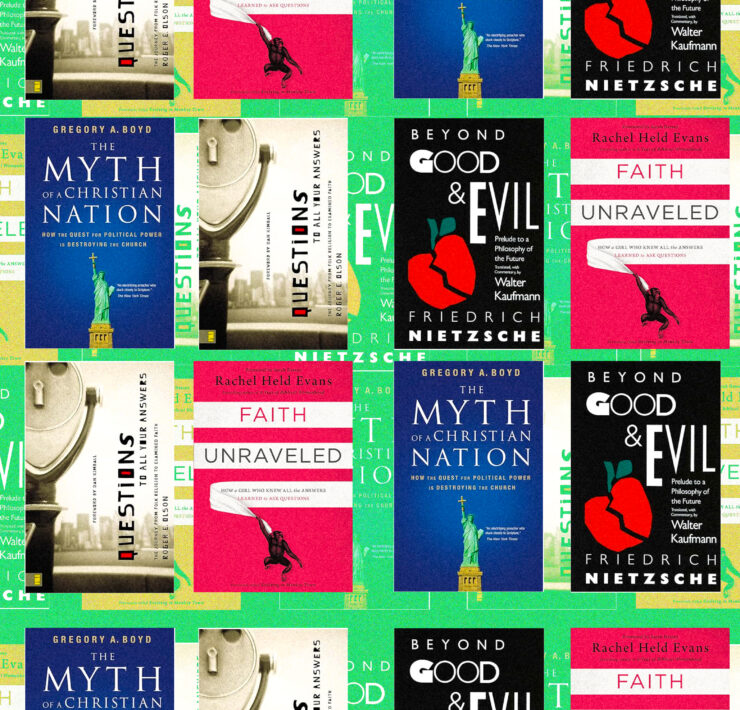
In the middle of a frozen channel in the Arctic Ocean sits a small, uninteresting and very unimportant island that has been the source of a decades-long and very fun international incident. For 50 years, Canada and Denmark have politely but firmly vied for control of Hans Island, a barren 0.5 square mile rock that serves no political purpose but ended up being a point of pride for the “warring” nations. The dispute is known as the “Whiskey War” (for reasons that will become clear) and it has finally come to its very wholesome close.
It started in 1973, when Canada and Denmark successfully split up the Arctic between the two nations. Well, mostly successfully. The line ended up going right down the middle of Hans Island (Tartupaluk in Inuit), leaving it unclear exactly who had dibs on it. But the diplomats in charge punted on the question and it was never resolved. Though not for lack of effort.
At various points in the half century since, Danish authorities have traveled to the island and left a note staking their claim on it, along with a bottle of Danish whiskey as a sort of consolation prize. But Canada, undeterred, has only ever responded in kind — leaving their own note asserting their own authority over the island and replacing the whiskey with a Canadian batch.
And so the back and forth went for nearly half a century (with no, shall we say, confirmed reports of what happened to those whiskey bottles) until last week, when an agreement was reached and the countries agreed to split the island down the middle. “I think it was the friendliest of all wars,” Mélanie Joly, Canada’s foreign minister, told reporters at a press conference in Ottawa. “I’m happy to see that we’re resolving it with friends, partners and allies. …It’s a win-win-win.”
Denmark’s foreign minister Jeppe Kofod said he hoped the trivial but very peaceful negotiation could be an example to other parts of the world, alluding to Russia’s ongoing invasion in Ukraine. “As we stand here today, we see gross violation of international rules unfold in another part of the world,” said Kofod. “In contrast, we have demonstrated how long-standing international disputes can be resolved peacefully and playing by the rules.”
The two nations commemorated the resolution with one last whiskey swap for old time’s sake.






















